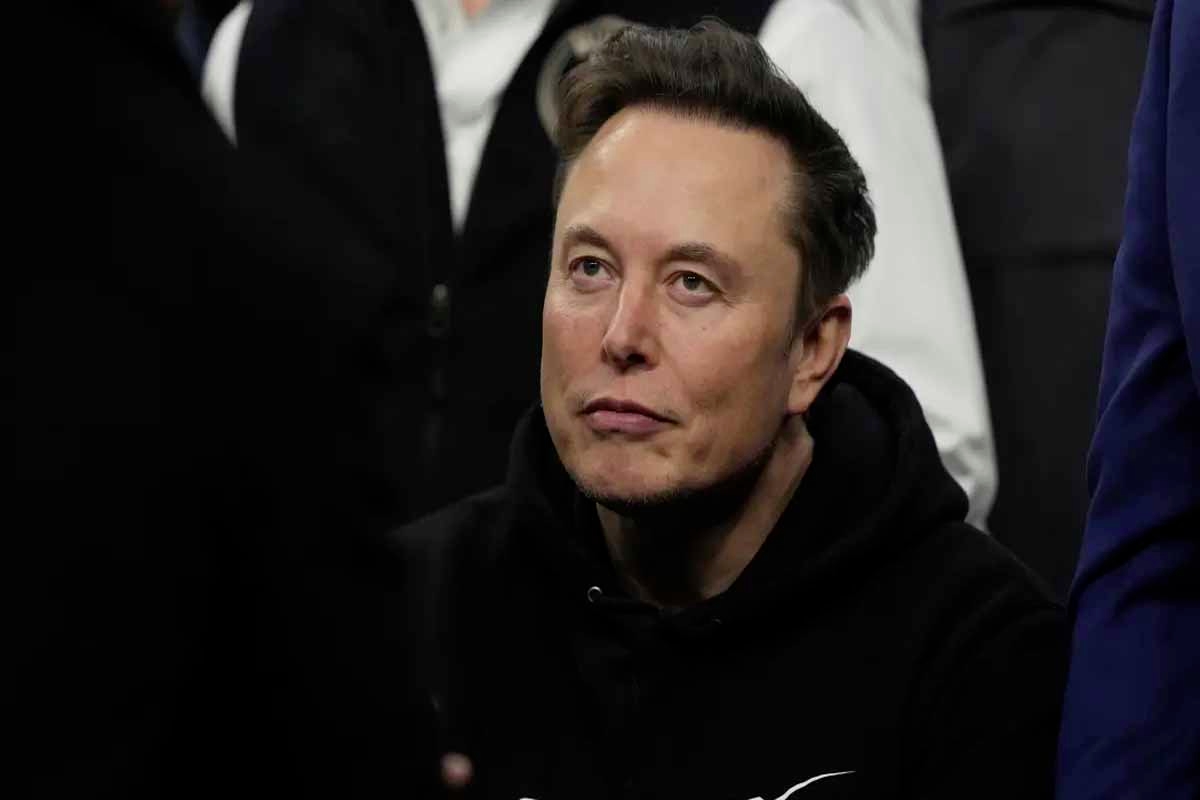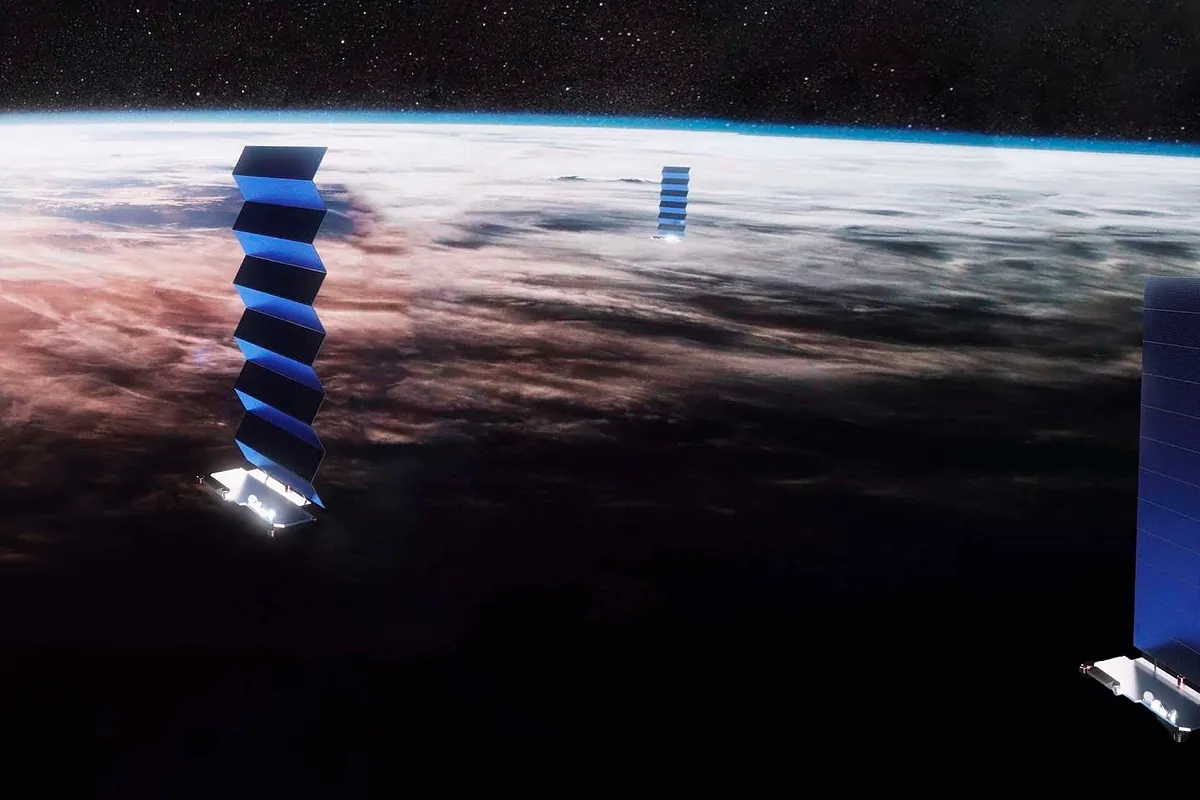Elon Musk launches Grokipedia, his encyclopedia rival to Wikipedia

Elon Musk, the entrepreneur behind Tesla, SpaceX, and X (formerly Twitter), has once again challenged the digital status quo. In a message posted on his social media, he announced the official launch of Grokipedia , an AI-powered encyclopedia that promises to offer “the truth, the whole truth, and nothing but the truth.”
According to Musk, Grokipedia is already "better than Wikipedia" and its version 1.0 —which he described as "10 times better"— seeks to eliminate what he calls "digital propaganda" on open knowledge platforms.
The billionaire assured that access will be free and without cost, just like on Wikipedia, but with a key difference: Grokipedia will not depend on donations or human editors, but on the Grok AI engine, developed by his company xAI and integrated directly with X.
Grokipedia's announcement didn't surprise the tycoon's followers. For years, Elon Musk has been a constant critic of Wikipedia, which he has accused of being "controlled by left-wing activists."
In 2024, he even publicly asked users to stop donating to the site, stating that its content “cannot be used as a definitive source” due to its alleged ideological bias.
With Grokipedia, Musk aims to offer a “neutral” and “data-driven” alternative, though he acknowledged that it “will never be perfect.” The entrepreneur explained that the goal of his encyclopedia is to combat misinformation and restore readers' trust: “We will fight for the truth with no hidden agendas,” he wrote on X.
Grokipedia's content is generated by Grok , the AI chatbot Musk launched as part of his digital ecosystem. This generative AI analyzes verified sources and produces encyclopedic texts that, according to Musk, are free from editorial manipulation.
A sample article within the platform describes Elon Musk himself as “a figure who has profoundly influenced the global public debate,” noting that traditional media “maintain a systematic left-leaning bias in their coverage.”
Grokipedia's approach is automated: it does not depend on collaborative editing by volunteers, as in Wikipedia, but on algorithms that process information from databases and language models trained to offer "narrative objectivity".
Following the launch of the new project, the Wikimedia Foundation, responsible for Wikipedia, reacted cautiously. A spokesperson, Gwadamirai Majangel, stated that they are still trying to understand how Grokipedia works, but emphasized the differences between the two platforms.
“Wikipedia has transparent policies, an active community, and a commitment to informational neutrality. Thousands of volunteers review and improve the content every day,” he stated.
Majangel also pointed out that "artificial intelligence companies thrive on knowledge created by humans," suggesting that even Grokipedia indirectly relies on Wikipedia content to generate its texts.
The launch of Grokipedia was met with enthusiasm by several conservative figures. Russian thinker Alexander Dugin praised the new platform, calling its article “neutral, objective, and fair,” in contrast to the one on Wikipedia, which he labeled “defamatory.”
However, technology and digital ethics experts have expressed concerns about the project. Some believe that relying solely on AI to generate content could increase the risk of algorithmic bias by eliminating the human review and collaborative consensus that characterize Wikipedia.
Other analysts warn that, under the promise of eliminating propaganda, Grokipedia could end up being a space shaped by the personal vision of Musk and his team.
With the launch of Grokipedia, Musk opens a new chapter in the battle for control of digital information. His venture seeks to redefine the relationship between artificial intelligence, freedom of expression, and access to knowledge.
The challenge lies in ensuring that an automated platform maintains the objectivity and diversity of perspectives that millions of users value on Wikipedia.
Meanwhile, the debate is open: can AI build a truly impartial encyclopedia? Or will Musk's attempt to "purify the truth" end up replicating the very biases it criticizes?
Grokipedia marks a turning point in the era of automated knowledge. And, like everything Elon Musk touches, it promises to generate conversation, polarization, and, undoubtedly, headlines.
La Verdad Yucatán





